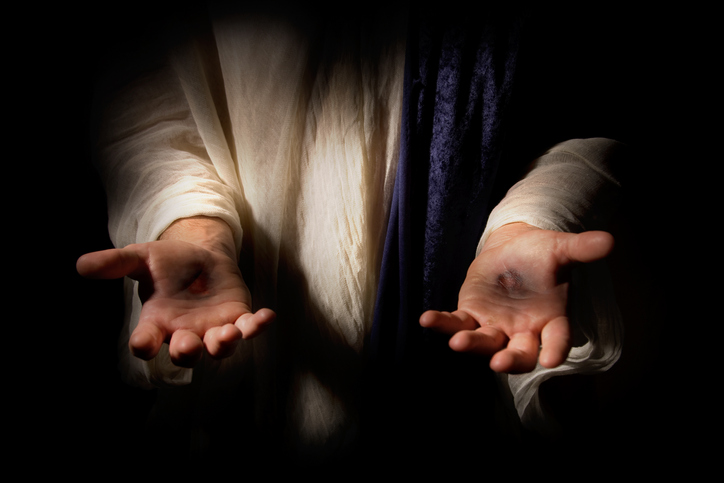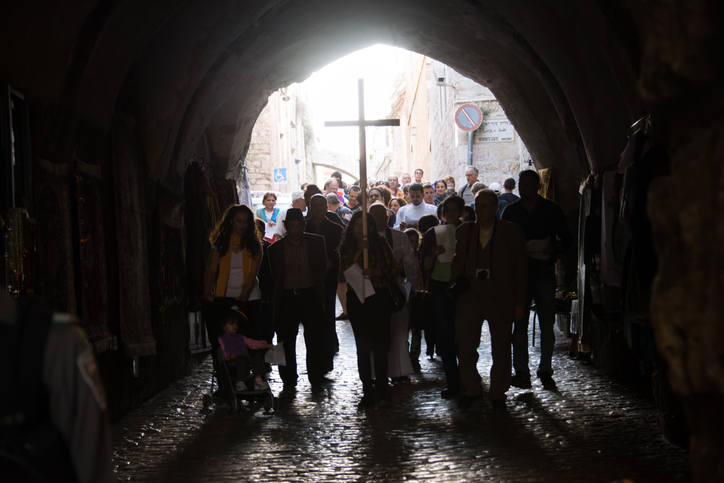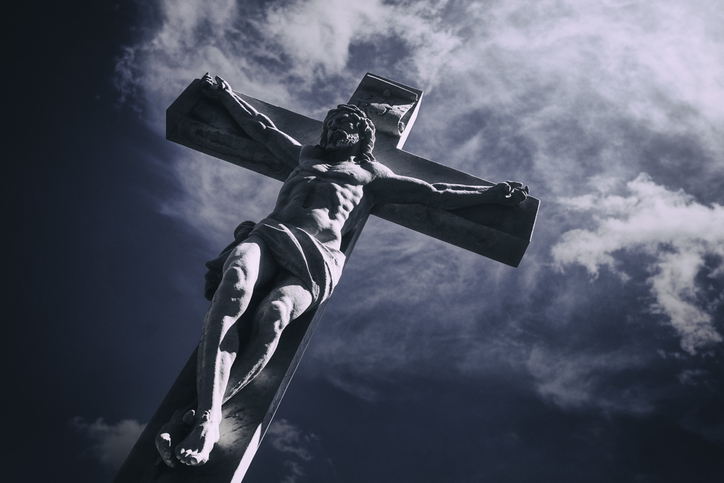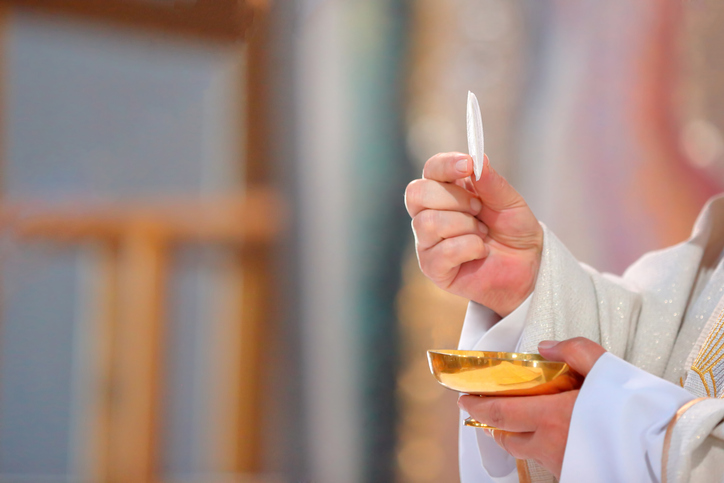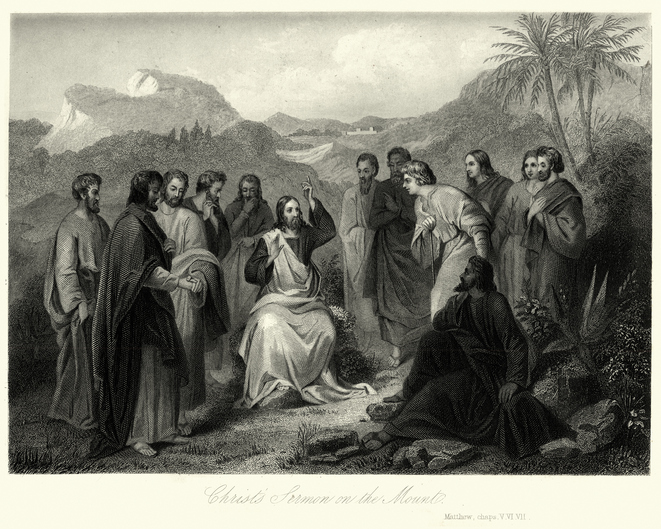Sometimes, Scripture readings are so familiar that I can “skim” over them. Hearing them so many times should embed them in our minds and hearts, but the adaptability of the human brain can have the opposite effect: we can fail to give familiar things our full attention.
Today’s Gospel is like that. We’ve all heard John 3:16 so many times that it is easy to overlook how stunning this passage is. “For God so loved the world that he gave his only Son….” Why would God do this? When we are learning about someone, we want to know their interior – their thoughts and desires and motivations. If we want to know God’s thoughts and desires and motivations, we would do well to study deeply today’s Gospel! Here we are told exactly what God is about, and what motivates His actions, and our part in the whole thing.
First, God is love. And God loves the world. God loves the world so much, that when we were lost in darkness and doomed to perish, God sent his only Son to bring us the light of Truth and eternal life. If God sent His Son, this means that God is FATHER, and we must believe that Jesus is SON and that we can become children of God through our baptism into Jesus.
Second, we learn that the direct mission of the Son of God is SALVATION, not judgment. He comes into the world in obedience to the sending of the Father so that we can be saved through him. He is the light that has come into the world to be the Way and the Truth and the Life for us. This is the Good News.
But we have a responsibility here too. We must use our freedom to enter into this mission of the Son. If we do not accept the Truth, if we do not believe, if we do not receive the Gift that is given, we keep ourselves outside of that mission. Some people choose wrongly; some love to hide and revel in the darkness by denying their createdness, their dependence. Like Adam and Eve in the Garden, they want to choose for themselves what they think will make them happy. They do not trust that God will give them all they need.
In order to receive the gift that God is giving us, we must “do what is true”. So we are called to freely enter into a relationship with the Trinity: we must believe in the Son Who has been sent for us so that we can live as children of the same Father. We must receive with faith the gift of light and truth and goodness that Jesus constantly pours out for us. This is the way of Truth, that “whoever believes in him should not perish but have eternal life,” and eternal life begins right here, right now.

Kathryn Mulderink, MA, is married to Robert, Station Manager for Holy Family Radio. Together they have seven children (including Deacon Rob and seminarian Luke), and two grandchildren. She is a Secular Discalced Carmelite and has published five books and many articles. Over the last 25 years, she has worked as a teacher, headmistress, catechist, Pastoral Associate, and DRE. Currently, she serves the Church as a writer and voice talent for Catholic Radio, by publishing and speaking, and by collaborating with the diocesan Office of Catechesis, various parishes, and other ministries to lead others to encounter Christ and engage their faith. Her website is https://www.kathryntherese.com/.
